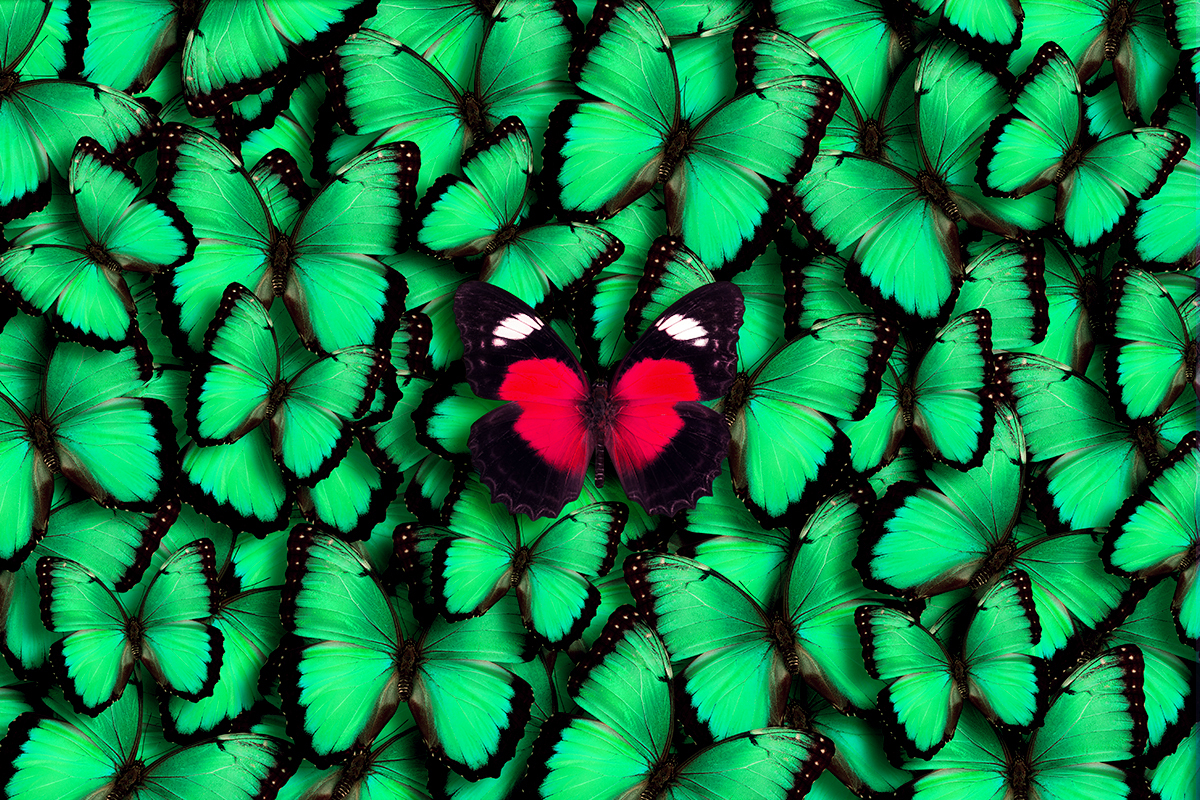Ever since I was a little kid, I’ve always loved being the center of attention. I was my parents’ first kid and my grandparents’ first grandkid, so all eyes were always on me and I loved every second of it.
It wasn’t enough, though. At school, I signed up for every club I could that would potentially give me a little spotlight: show choir, drama club, Model United Nations, you name it. I was born to stand out, and I knew it.
You know what else made me stand out? Being Jewish, or more specifically, being the only Jewish girl in town. Tampico is a small city in the northeast of Mexico. It’s known for a lot of things: saltwater crab, Tortas de la Barda, the beach, having a close and tight-knit community where everyone knows everyone’s business and some random urban legend about aliens. You wanna know what it’s not known for? Having a Jewish community.
I mean, there used to be one, 100-something years ago, but almost every Jew left at some point or another, turning Tampico into a prominently Catholic town. I actually loved being the only Jewish girl in my small city, although not having an actual Jewish community around me did get lonely at times. But it meant I was different, that I had something that absolutely no one else had, and I loved it — until high school, that is.
At the beginning of 10th grade, I switched schools to one of the best private high schools in the area. It was a well-known school and a member of one of the biggest university groups here in Mexico. The switch provided me with a much-needed break and escape from some of the more negative experiences I’d had in the previous school, like the bullying and all-around sense that I just didn’t quite fit in. For once, I was looking to blend in a little bit.
This new school seemed perfect, except for one teeny tiny detail: It was a Catholic school. Yes, the kind of school where uniforms were required, mass was mandatory on Fridays, and thrice a week I had “Human Formation” — which was just a fancy, non-religious sounding name for bible study and history of Catholicism — as one of my obligatory curriculum classes. And so, just like that, the girl who loved to stand out stood out like a sore thumb. I became “La Judìa” — the Jewish girl.
As one of two Jews in the school — yes, there was one other Jewish guy a year above me; no, we never dated, much to the dismay of some of my classmates who assumed we would simply because of our religious views — I was constantly asked for my opinion and “the Jewish perspective” on Jesus, the bible, WWII, contraception, abortion… pretty much anything and everything they could come up with.
At one point I was even invited to be a guest speaker in a multi-religion forum for seminarists and philosophy majors at the university my school was affiliated with. The experience, while somewhat rewarding and different from anything I’d done before, was mostly awkward. The organizers figured that since there were no rabbis around to serve as official representatives of the Jewish faith, a Jewish 16-year-old would do. And so, there I stood, next to a priest and pastor, trying to explain to a room full of mostly men how a bris was not quite “the Jewish version of a baptism” and that a bat mitzvah was nothing like a first communion.
While most faculty members and students were respectful of my different and somewhat opposing religious views, there was always that one teacher or classmate every semester who would single me out and try to make me feel like I was wrong for being the way I was and for believing in what I believed. From a Human Formation teacher telling me I’d rot in hell for not believing in Jesus as the savior of humankind, to a classmate “jokingly” yelling at me that my point in a history class debate about World War II was moot and unimportant because “Hitler wiped away all of us,” the antisemitism, even if covert at times, was real.
My response to comments like these was usually something sassy and irreverent — “I don’t believe in hell, but if I did, that’s where the party’s at, anyway!” or, “I’m still here, so he clearly missed a spot” — but I’d be lying if I said I was completely immune to the negativity they transmitted. While I’ve never experienced any life-threatening forms of antisemitism and I’ve never been shy about my Jewishness or sharing my love of all things Jewish, 16-year-old me found herself considering, even if briefly, if it was best to just keep my head down and “hide,” so to speak.
After some consideration, I decided that cowering away was not my style. I had always felt proud of being Jewish and making sure the world knew it; I thrived on people knowing I was different so this would be no exception. I am part of something bigger — something that has been passed on from my mom to me, by my grandmother to her, and by countless women and men before us. I take deep pride in knowing the differences between Christmas and Hanukkah, in singing Dayenu every year at Passover dinner, and in knowing exactly what Jewish holidays inspired each of the parts of a Catholic mass. I wear my Star of David necklace every single day, I still bake challah and share it with my non-Jewish friends, and I proudly state my Jewishness on any and every social media and dating app I’m on.
I am still one of the very few Jews in my city. But now, years later and with a deeper understanding of my identity as a Jew and a woman, I proudly and without any hesitation declare myself “La Judìa.”



